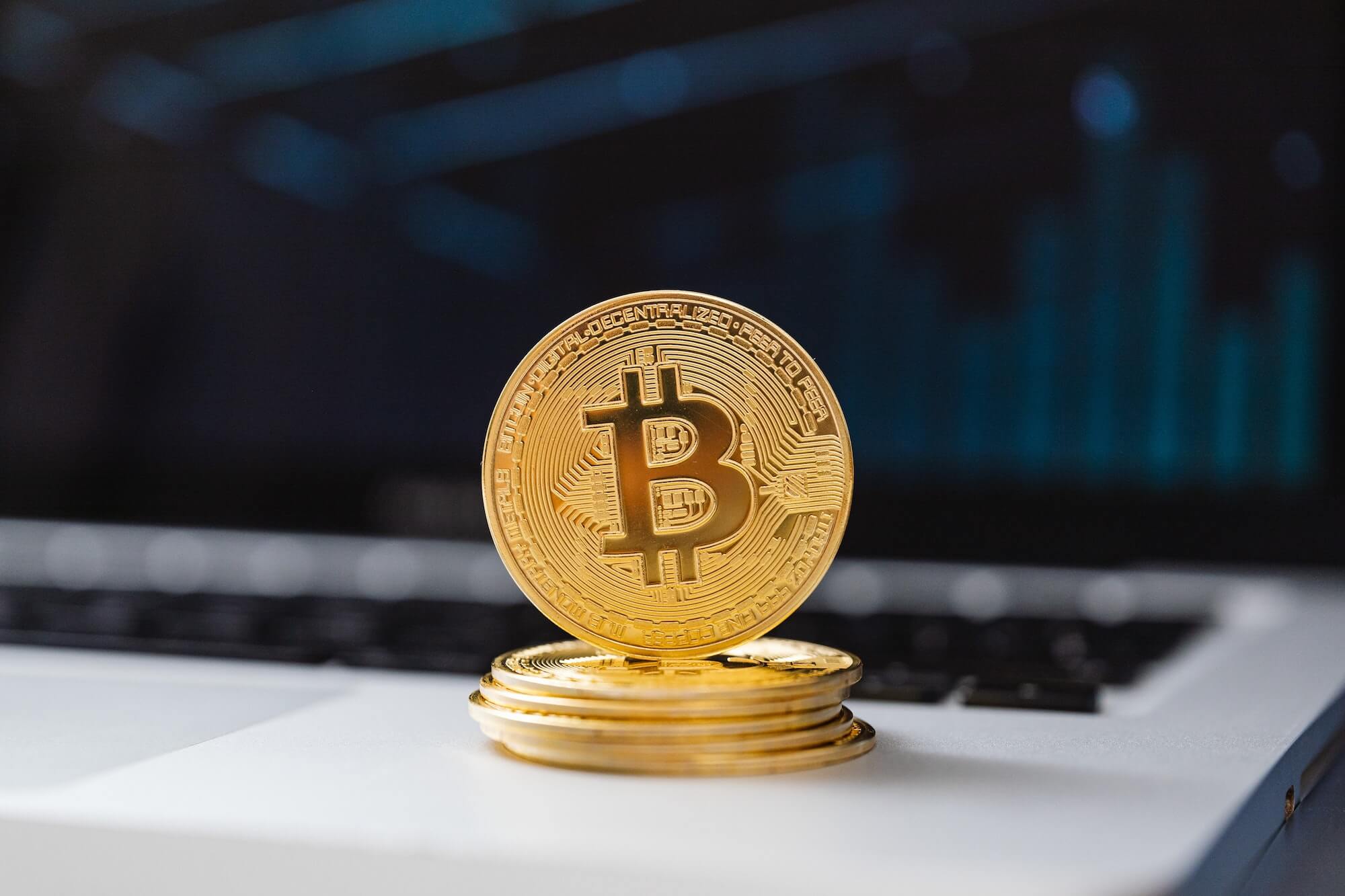As a child of the early nineties, I belong to a generation of now 20-somethings who can truthfully call themselves digital natives. We were born at the beginning of the internet age and as we grew, so did download speeds. The screeching pain of listening to a modem connect is a distant memory in the past, only recalled when we wonder how we ever coped without fibre optic broadband.
Yet despite feeling at home within the digital world, when coming across terms such as Bitcoin or blockchain, it isn’t hard to feel out of touch.
Like many, I first heard of Bitcoin in reports about the ‘dark side’ of the web in a place called ‘The Silk Road’.
Supposedly, Bitcoins were untouchable, untraceable pieces of currency used to elicit all manner of illegal activities. You could forget trying to understand them, only those with a PhD were able to comprehend their logic.
But in the past few years, Bitcoin and other cryptocurrencies have demystified and gained more favourable press. With some of the world’s biggest financial institutions beginning to invest in their technology (PwC and Barclays to name a few), cryptocurrencies are on track to dominate economics in the near future.
But what are Bitcoins?
Type this question into Google and you’ll receive 12,800,000 results, all ranging in length and complexity.
An overly-simplified summary of these would say that Bitcoins are a type of digital currency known as cryptocurrency – currency secured by cryptography. They do not exist in a physical form and no centralised party is required to trade them.
Better to leave it to the YouTube gurus to explain here.
Behind Bitcoin
Bitcoin itself has big implications in the world of e-commerce but the technology behind it, known as blockchain, has the ability to drastically change the way we conduct all manner of business.
A blockchain is a system of ledgers, a list of transactions shared across a peer-peer network and cryptographically secured. Blockchain enables identity verification without going through a middle-man such as a bank or central authority.
While the widest application of blockchain is currently in Bitcoin and cryptocurrency exchange, there are many companies waking up to its enormous potential.
Blockchain is an open infrastructure that stores many kinds of assets. It stores the history of custodianship, ownership and location for assets. This could be a certificate, a contract, real world objects, even personal identifiable information. - Bettina Warburg, CEO of Animal Ventures
Blockchain in B2B
With blockchain technology comes improved levels of traceability, speed and security – factors that make it increasingly appealing in the world of B2B, an area often complicated by large volumes of transactions, costly processes and increased bureaucracy.
It is no wonder that MasterCard, amongst many other industry giants, recently announced their involvement with blockchain in their B2B division, citing its privacy, flexibility, scalability and reach.
Key benefits of blockchain for B2B:
Privacy
Blockchain ensures a high level of security by only sharing transaction details with those participating within the transaction, making attempts at hacking and fraud extremely difficult.
As B2B companies often transact with a global network of suppliers, security risks are manifold – making data security paramount.
Traceability and Transparency
While ensuring transaction details are kept private, blockchain provides a record of all transactions that have ever taken place in the network, providing a fully auditable trail. The ledger is indelible and unforgeable as every party in the network must validate any change, meaning it is almost impossible for a transaction to be deleted.
For B2B companies who often deal in international trade, fully auditable trails can provide vital justification when it comes to fraudulent activity or compromised security from distant third-party suppliers.
Cost Savings
As blockchain operates a decentralised system, no third-party or central authority is needed to validate a transaction. This means companies can save on infrastructure and fees associated with verification.
Because B2B companies often deal with vast numbers of transactions across a wide range of sectors, significant costs savings can be made as automation removes the need for expensive and slow verifiers like banks and central authorities.
Speed
Automation of blockchain verification and processing means transactions can be conducted almost instantly, especially important when international trade involves multiple parties that can delay processes.
What’s next for Blockchain?
Currently estimated at generating £20bn in revenue annually, Fintech (the finance-based technology industry) is a fundamental component of contemporary economics. With start-ups like the app-based bank Monzo leading the way, finance has never been simpler or more accessible.
At Freestyle, for example, we’ve just started working with FINKit – a new digital transformation platform for banks. These companies are not only adapting current business models but inventing new ones entirely and the B2B sector is fully embracing their enterprise. Last year alone saw B2B investment in Fintech reaching over $948 million and its growth is only on track to accelerate.
While recent reports doubt Bitcoin’s longevity and reliability, the principles of blockchain promise to revolutionise the way the world does business. If the investment in Fintech is anything to go by, the B2B sector looks ready to embrace the revolution.
Blockchain technology has the potential to universally reshape the way business transacts across nearly every industry in the global economy. - EY
Further reading
Everything You Need to Know About Cryptocurrency And Why It’s The Future Of Money
Mastercard Opens-Up Access to Blockchain API for Partner Banks and Merchants
Forbes: Transparent Transactions: How Blockchain Payments Can Make Life Easier For B2B Companies
